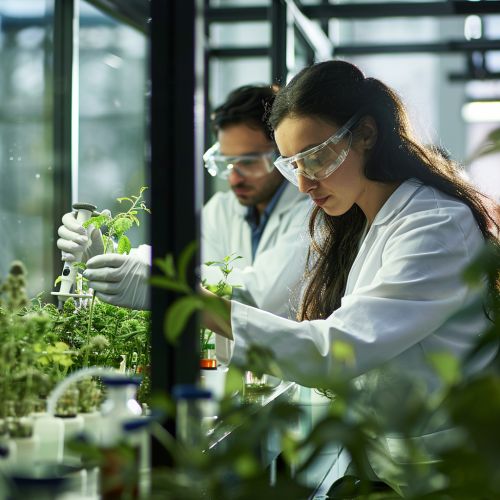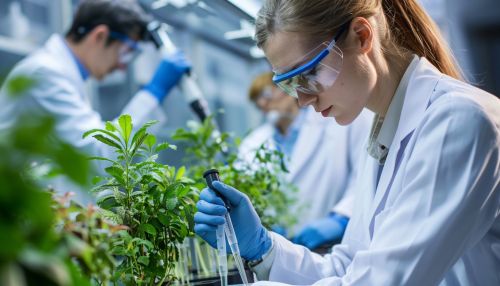History of Biology
Ancient Biology
The study of living organisms, or biology, has been a central aspect of human curiosity and exploration since ancient times. The earliest humans observed and interacted with the natural world, learning about the behavior of animals, the properties of plants, and the patterns of weather and seasons. This early biological knowledge was practical and closely tied to survival, but it also laid the groundwork for the more abstract and theoretical biological understanding that would develop in ancient civilizations.
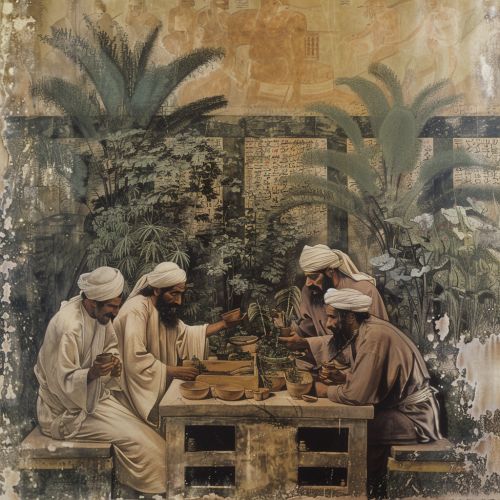
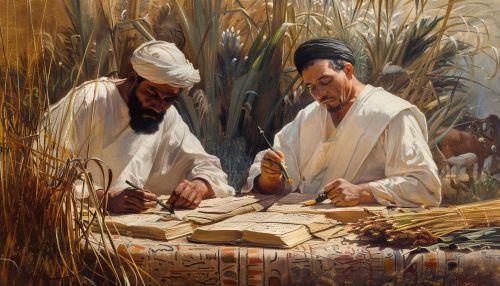
Ancient Civilizations and Biology
The civilizations of Ancient Egypt, Mesopotamia, India, and China all developed sophisticated systems of biological knowledge. In Egypt and Mesopotamia, this knowledge was largely practical, focused on agriculture and medicine. In India and China, biological knowledge was also tied to philosophical and spiritual beliefs.
Greek Biological Studies
The ancient Greeks made significant contributions to biology. The philosopher Aristotle (384–322 BC) is often considered the father of biology. He made significant contributions to the classification of organisms and the investigation of their anatomy and physiology. His works 'The History of Animals', 'On the Parts of Animals', and 'On the Generation of Animals' are considered foundational texts in biology.
Roman Contributions to Biology
The Romans, influenced by the Greeks, also made contributions to biology. Pliny the Elder's 'Natural History' is a vast encyclopedic work that covers many aspects of the natural world, including botany, zoology, and mineralogy.
Medieval Biology
During the Middle Ages, biological knowledge was preserved and expanded in the Islamic world. Scholars such as Al-Jahiz, Ibn al-Haytham, and Avicenna made significant contributions to biology, including the development of experimental methods, the description of many new species, and the application of biological knowledge to medicine.
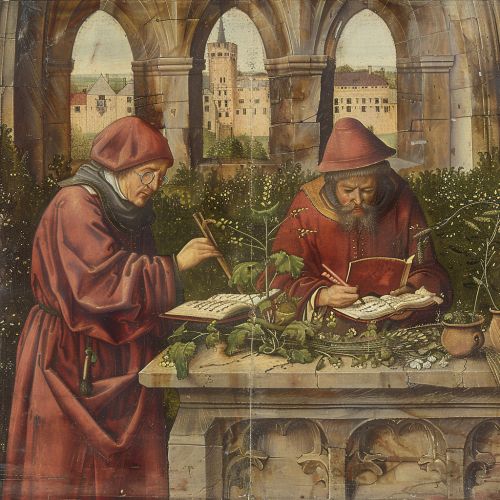
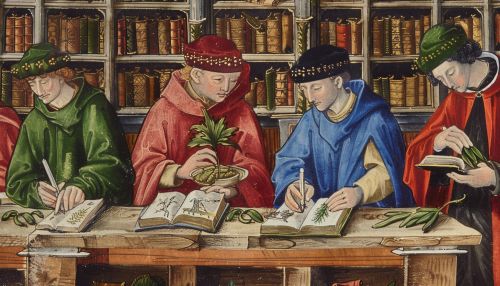
Renaissance and Early Modern Biology
The Renaissance and early modern period saw a renewed interest in the study of the natural world. This period saw the development of botany as a discipline and the beginning of systematic classification of organisms. The invention of the microscope in the 17th century opened up a new world of micro-organisms for study.
Modern Biology
The 19th and 20th centuries saw the development of modern biology. Key developments included the formulation of the theory of evolution by natural selection by Charles Darwin, the discovery of genetics, and the development of molecular biology.
Contemporary Biology
Contemporary biology is a vast field, encompassing a wide range of sub-disciplines. These include genetics, ecology, evolutionary biology, cell biology, molecular biology, and many others. The field continues to expand and evolve, driven by new technologies and techniques, and by the ongoing discovery and exploration of the vast diversity of life on Earth.
